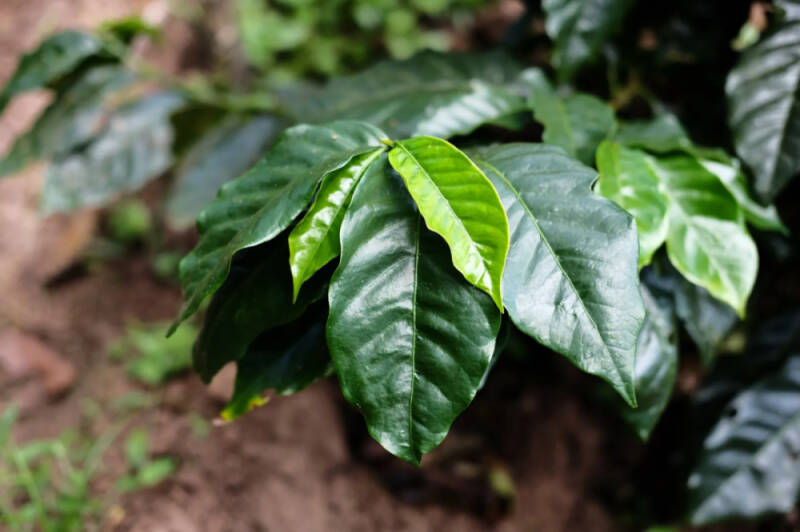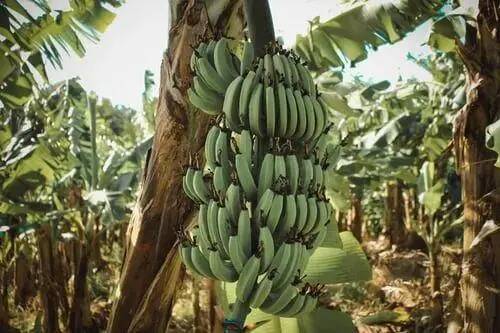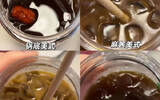Brandy barrel fermentation, introduction of Honduran litchi orchid coffee beans
Honduras is located in the north of Central America, bordering Nicaragua, El Salvador and Guatemala. It is also a land and sea preparation country, bordering the Caribbean Sea to the north and the Gulf of Fonseca in the Pacific Ocean to the south. Honduras is one of the least developed countries in Latin America, and agriculture is the main industry, so coffee production plays an important role in the country. It became the largest coffee producer in Central America in 2011.

More than 3/4 of the territory of Honduras consists of mountains and plateaus, with mountains extending from west to east and plateaus inland. Honduras has a tropical climate, coastal areas have a tropical rain forest climate, with an average annual temperature of 23 ℃, abundant rainfall, and forests account for half of the country's area, complex and mountainous terrain, diverse climate, mild temperature and adequate rainfall make the country very suitable for coffee cultivation.
Coffee development in Honduras
According to the earliest historical records, coffee was first introduced to Honduras by Spanish merchants in the late 18th century and was grown on a small scale. However, because coffee is a long-term investment, it will take many years to get a return, so many farmers can't wait so long, so they grow crops such as bananas. It was not until the end of the 19th century that Honduran coffee passed its infancy and had many small coffee plantations. However, due to the lack of orders and infrastructure such as ports, Honduran coffee beans are basically produced and sold on their own.

This continued until the mid-20th century, when roads and stable infrastructure across Honduras made it easier for crops to export, and banana production began to decline, leading to the gradual rise of coffee beans to replace bananas. With the continuous improvement and improvement of coffee processing technology and transportation capacity, it has made remarkable development in the coffee market in the past 20 years, and now it has become one of the top ten coffee exporters in the world.
Masaguara Masaguara
In 1970, the Honduran Coffee Institute (IHCAFE) was established by the Honduran government to help local coffee farmers improve their techniques and quality, and was divided into six producing areas: copan, opalaca, montecilos, Gongma Agua conayagua, Akata agalta tropical and Paraso el paraiso, averaging more than 1100 meters above sea level.
In the Montesius producing area, there are many excellent sub-producing areas, including Masaguara. This is also the highest elevation among the six major producing areas, planting at 1200-1600 meters above sea level.
Barrel fermentation
When it comes to barrel fermentation, everyone may think of Shirley in Honduras, but in fact, the first person to use barrel fermentation to process coffee is the San Jose Manor in Colombia. Because the owner of the estate not only owns the coffee farm, but also engaged in the production of rum oak barrels and the brewing of rum. So he suddenly wants to ferment the coffee beans in a barrel that has been brewed, trying to produce the same flavor as the wine. The trial began in 2013 and did not successfully produce the desired flavor and put it on the market until 2017.
Later, Moca Manor in Honduras also used barrel fermentation to treat coffee beans, and also tried to ferment coffee beans in whisky sherry barrels and brandy barrels. At present, Qianjie Coffee has these two types of fermented coffee beans from Mocha Manor, of which the more special is litchi orchid coffee beans.
The litchi orchid coffee beans in Qianjie are treated in brandy barrels. After collecting the beans, they will be washed, then fermented in brandy oak barrels at medium temperature (15-20 ℃) for 30-40 days, and then dried after fermentation.
Front Street Coffee Honduras Moca Manor Litchi Orchid Coffee producing area: Masaguara Manor / processing Plant: Moca Manor elevation: 1500-1700 meters above sea level: Kaddura Kaduai treatment: delicate washing + brandy barrel fermentation flavor: litchi brandy cream chocolate honey
In front of the street, this coffee bean will be boiled with 92 ℃ of water and will smell the wine. The taste will be full of lychee, brandy, cream and chocolate, with a honey-like sweetness.
Important Notice :
前街咖啡 FrontStreet Coffee has moved to new addredd:
FrontStreet Coffee Address: 315,Donghua East Road,GuangZhou
Tel:020 38364473
- Prev

Cuisine Special +1! Netizen: Crab shell after eating cup latte!
▲ Click to follow| Daily Boutique Coffee Culture Magazine Coffee Workshop In the field of creative coffee, free-wheeling baristas can always sprout some strange ideas, practice "everything can be coffee" with actions, and strive to integrate coffee with local specialties to create a unique signature. And so, coffee.
- Next

No phone calls, no reply! Lucky stores are difficult to contact!
▲ Click to follow | Daily boutique Coffee Culture Magazine Coffee Workshop Life there should be many people who missed the merchant's notes or did not carefully read the merchandise options when placing an order, and then realized that they had just made a mistake after placing the order quickly. If it is a third-party takeout platform, just use your fingers within a specified period of time.
Related
- What grade does Jamaica Blue Mountain No. 1 coffee belong to and how to drink it better? What is the highest grade of Blue Mountain coffee for coffee aristocrats?
- What are the flavor characteristics of the world-famous coffee Blue Mountain No. 1 Golden Mantelin? What are the characteristics of deep-roasted bitter coffee?
- Can I make coffee a second time in an Italian hand-brewed mocha pot? Why can't coffee be brewed several times like tea leaves?
- Hand-brewed coffee flows with a knife and a tornado. How to brew it? What is the proportion of grinding water and water temperature divided into?
- What is the difference between Indonesian Sumatra Mantinin coffee and gold Mantinin? How to distinguish between real and fake golden Mantelin coffee?
- What does bypass mean in coffee? Why can hand-brewed coffee and water make it better?
- Unexpected! Ruixing Telunsu lattes use a smoothie machine to foam milk?!
- % Arabia's first store in Henan opens into the village?! Netizen: Thought it was P's
- Does an authentic standard mocha coffee recipe use chocolate sauce or powder? Mocha Latte/Dirty Coffee/Salty Mocha Coffee Recipe Share!
- What is the difference between Vietnam egg coffee and Norway egg coffee? Hand-brewed single product coffee filter paper filter cloth filter flat solution!

